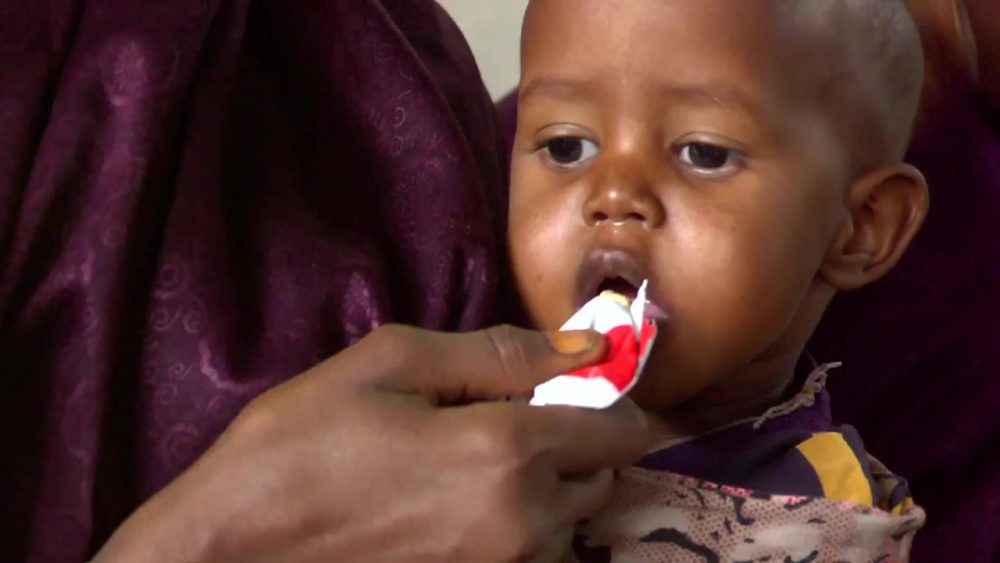Food safety
Consuming unsafe foods pose a significant public health threat in Africa Infants, young children, pregnant women, the elderly and those with underlying illnesses are particularly vulnerable.
The diseases caused by contaminated food are a serious health problem for the population. Every day, cases are reported of people who contract diseases from the food or water that they consume and that is contaminated with microorganisms, dangerous germs, and/or toxic chemicals that can even cause death. These diseases are a serious health threat, affecting mainly children, pregnant women, immunosuppressed people, and the elderly.
Water and food are safe when they do not contain dangerous microbes (bacteria, viruses, parasites, or fungi), chemicals (allergens, waste from veterinary drugs, agrochemicals, or toxins), or foreign bodies (soil, hair, insects, etc.) that are a danger to our health.
The Food Safety Programme supports Member States to develop, implement, monitor and evaluate policies, strategies and programmes to address all food safety and nutrition problems, towards attaining the highest possible level of food safety and optimal nutrition.
Diseases that people get from eating contaminated food are an important cause of illness, disability and deaths around the world. Foodborne diseases-especially those caused by bacteria, viruses, parasites and fungi-are preventable, and education in safe food handling is a key measure for prevention, including to contain antimicrobial resistance.
Almost one third (30%) of all deaths from foodborne diseases are in children under the age of five years, despite the fact that they make up only 9% of the global population. Africa is estimated to have the highest burden of foodborne diseases per population.
Food and water containing harmful bacteria, viruses, parasites or chemical substances are responsible for more than 200 diseases, ranging from diarrhoea to cancers. Meats, seafood, cooked rice, cooked pasta, milk, cheese and eggs are common types of food that can become unsafe very fast.


